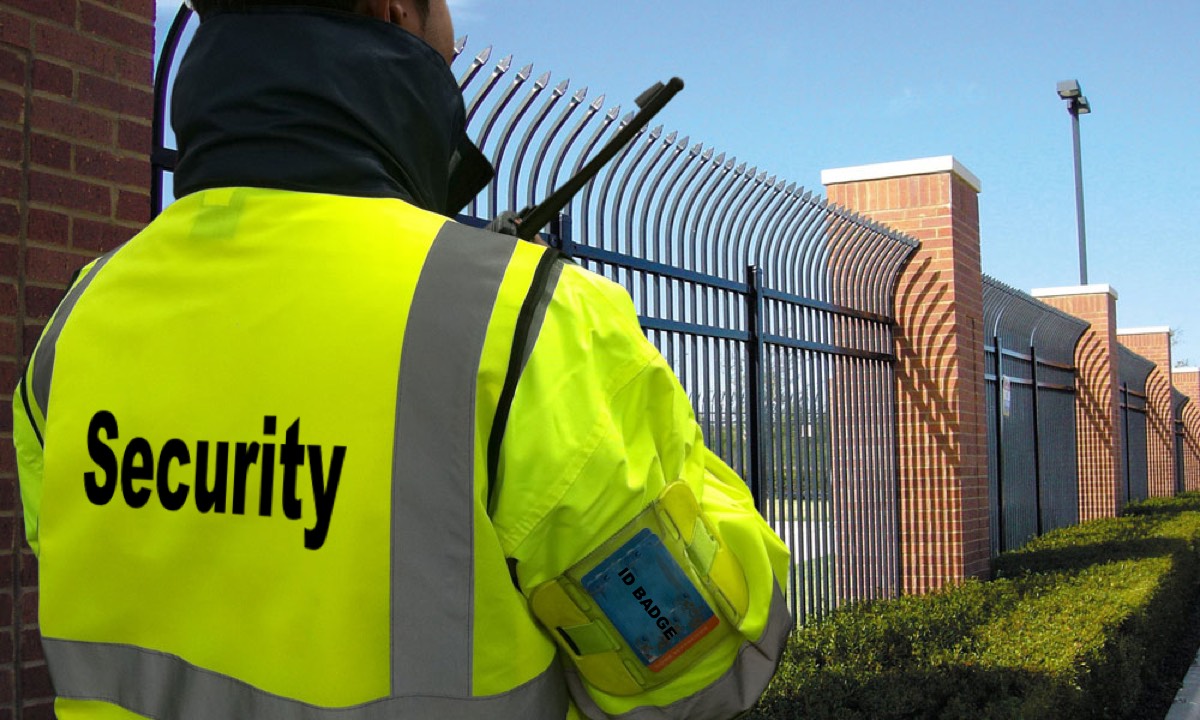
There’s also the option for scheduled activities, such as guard tours. Your monitoring provider may offer several different options when it comes to CCTV Monitoring, but the two main routes are visually verified or camera activated. Quite expensive, right? Let’s compare this to CCTV monitoring One Security guard on duty covering 24 hours a day, seven days a week - £96,096 per year minimum.One Security guard on duty for evenings and weekends, eight hour shifts Monday to Friday and 24 hours a day on Saturday and Sunday - £50,336 per year minimum.One Security guard on duty overnight, eight hour shifts, seven days a week - £32,032 per year minimum.These costs mount up quite quickly, let’s look at some scenarios This would cost you from £88/day for an eight hour shift, or £264 for the entire 24-hour day. Let’s have a look at some of the costs associated with CCTV Monitoring and compare them to traditional static/manned guarding ĭepending on your provider and the sector you operate in, manned guarding can cost anywhere between £11 - £15 an hour, with most companies requiring you to have a minimum of eight hour shifts before committing a member of staff.

“CCTV Monitoring is very expensive – I may as well pay for a security guard to be on site, at least they are there already to respond to any alarms!”ĬCTV Monitoring is a highly cost-effective alternative to static guarding, particularly when paired up with a keyholding & alarm response service. Overall, this makes CCTV Monitoring a very diverse service that can be used in scenarios outside of security.
#Cctv camera guard series
You can also define schedules, where a Security Operations Centre will check single or a series of cameras at a pre-defined frequency, looking for anything out of the ordinary, such as vandalism, doors left open, equipment or stock left in wrong locations. There are also specific types of cameras that drive alarms that sit outside this list, such as thermal, people counting and facial recognition.

Advanced CCTV analytics, such as loitering / tailgating / queue / object removal / unattended baggage.Basic CCTV analytics, such as motion detection / line crossing.Environmental alarms, such as refrigeration / flood / carbon monoxide.Traditional alarms, such as intruder / panic / fire.Modern CCTV Monitoring is 100% driven by schedules and alarms.Īlarms can be generated through a range of devices and analytics that really broaden the use of CCTV "Very similar to the previous point, the main myth around CCTV Monitoring is centred around “a security guard sitting and watching a huge bank of screens, like this Īnd whilst you’ll see a video wall (the big screen in the background) in most Security Operations Centre’s – it’s more of a broad overview unit as opposed to a functional unit". Conducting health and safety checks, such as making sure a fire door isn’t obstructed or that dangerous equipment hasn’t been left accessible to unauthorised members of staff.Īll these activities are either programmed on a schedule or are driven by an alarm, therefore you’re only paying for when an alarm is actually activated, making it a very productive and cost-effective solution.



 0 kommentar(er)
0 kommentar(er)
